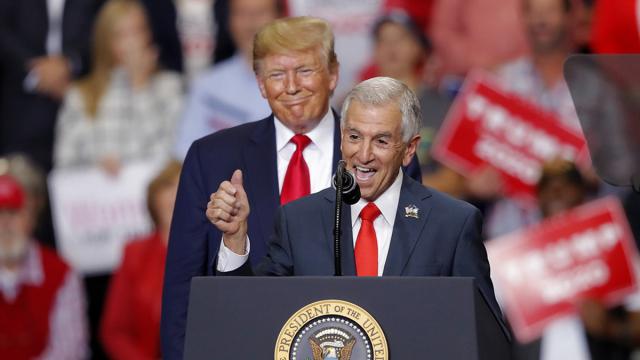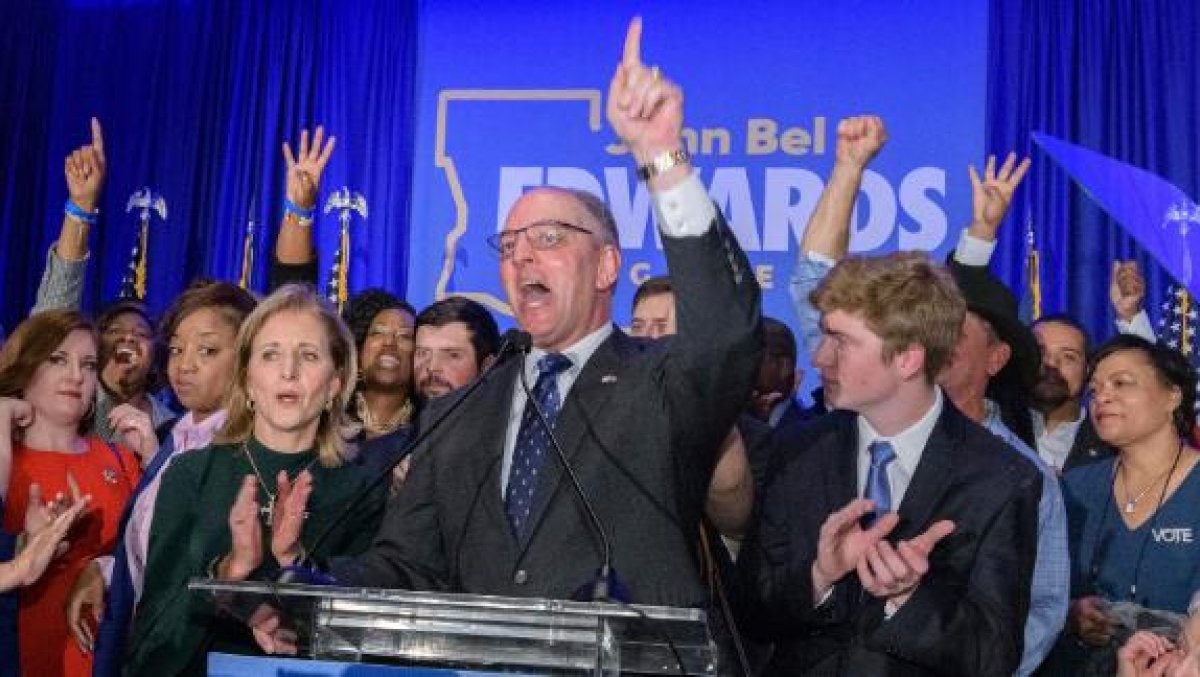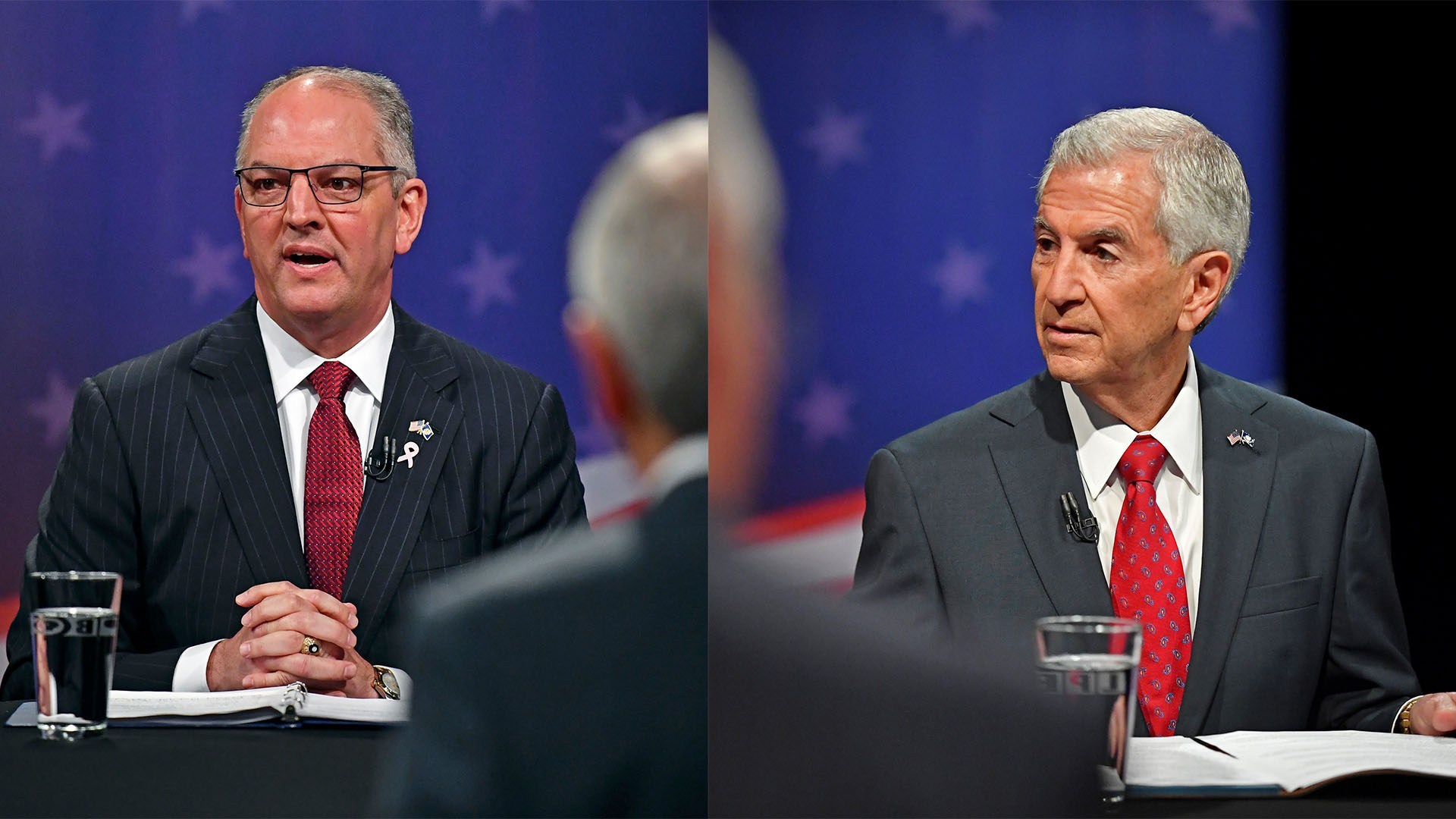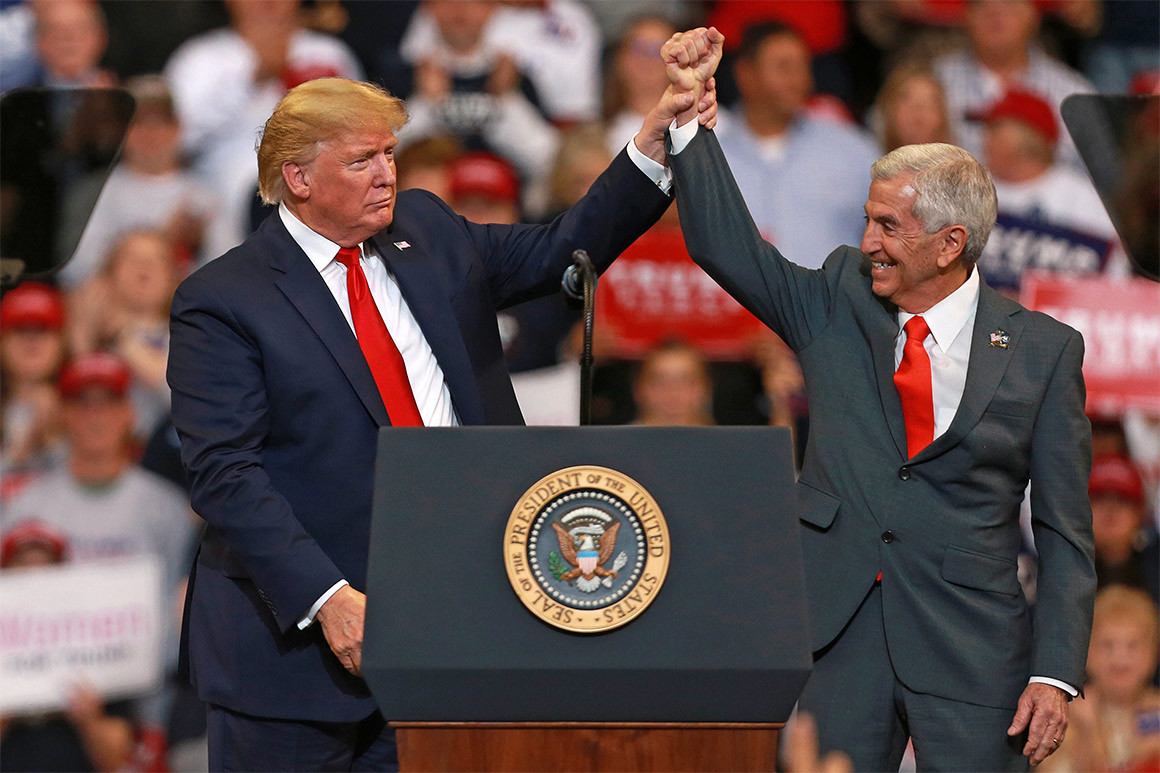
It came down almost to the last minute, but the Democratic candidate in a Deep Red state, incumbent Louisiana Governor John Bel Edwards, defied the norm where almost every major state office holder and the majority of the state legislature are Republicans, to narrowly defeat his Republican opponent Eddie Rispone, an unabashed Donald Trump supporter. Edwards gained 51 percent of the final vote count earlier this month to win a second term as governor in a state Trump won easily in 2016 with 58 percent support.
How Edwards won – much like the Democrat governor-elect of Kentucky, Andy Beshear, earlier in the month – was by following a different playbook, one that remains, at its core, guided by principles of the Democratic Party and progressivism in general:
Energize black voters and rely on high turnout.
The Deep South still remains a major population center for African-Americans. 2010 Census data shows 55 percent of African-Americans still reside in the Deep South, with one study showing the population growing in Georgia, Louisiana, Alabama and Mississippi. African-Americans account for about one-third of Louisiana’s population, a figure similar to other Deep South states.
In October, Edwards accounted for 48 percent of the vote in Louisiana’s open primary, a state where voters choose a candidate without party primaries first. In the October primary, Edwards’ Republican opponents accounted for 52 percent of the vote, and noticeably low was the participation among African-Americans.
Fearing defeat in the Nov. 16 runoff between Edwards and his Republican challenger Eddie Rispone, the Edwards campaign and outside PACs rallied to get more of his core constituency to the polls. As occurred during the Civil Rights era, black churches became centers of community organizing, mobilizing voters. The result: the Louisiana Secretary of State reported that early voter turnout for Saturday’s election exceeded the 2016 presidential election.
One of Edwards keys to victory was to get African-Americans to make up 30 percent of the total vote; black people along with other minority voters made up about one-third of the state's vote. This was similar to another recent close election when African-Americans in Alabama helped Sen. Doug Jones defeat Roy Moore in 2017.
The lesson translates to other non-white communities. For example, the Latino population is rapidly rising in Louisiana, Kentucky, Alabama and Mississippi. According to Pew, Hispanics already make up about 40 percent of Texas’ population and are expected to become the state's majority by mid-century. Latino voters turned out in significant numbers for Beto O’Rourke in the 2018 Texas U.S. Senate race, nearly propelling O’Rourke to an upset win over incumbent Sen. Ted Cruz.
In Louisiana's election, Rispone was short on policy goals but made abundantly clear that he stood “100% for Donald Trump”. He promised to expel illegal aliens and target “sanctuary cities.” While the Latino vote in Louisiana isn't enough to overcome Trump’s support among whites, it will likely augment Democratic candidates in neighboring states like Georgia, where the Latino vote doubled between the 2018 and 2014 mid-term elections.
Urban and suburban areas
Rispone’s support for Trump’s immigration policies made him well received in rural areas; this was in fact the core of his campaign message, even though state governors are limited in immigration enforcement. The message could turn off more diverse and better educated urban areas, though.
Rispone carried most of Louisiana’s parishes but Edwards carried the urban centers of the state. In Orleans Parish, site of the city of New Orleans, 90 percent of voters chose Edwards. Similar results have followed nationally but even in the solid Red South, urban areas remain bastions of Democratic support. Their numbers give Democratic and progressive candidates a major boost in state and national elections.
While Democrats have relied on urban support since the 19th century, the rise in suburban support is more recent. These areas have been notoriously associated with white flight, following integration, and remain generally conservative. However, they are becoming more diverse as immigrants are flocking to suburbs as well as millennials. Even among conservative white women voters, Trump’s support wanes in these areas.
Edwards garnered 60 percent support in Jefferson Parish, a suburb of New Orleans and the second largest parish in the state with more than 50 percent white residents. While Edwards’ support among minorities was critical to winning, his support among whites was equally critical. Gaining about one-third of white voters was equally necessary, and Edwards did just that.
Other Southern Democratic candidates in the Deep South who have won have similarly created a coalition of blacks along with educated and urban/suburban whites. To reach these white voters, Edwards had to focus on state issues and distance himself from national Democratic Party leaders.
Keep the focus on local issues, not national politics
When John Bel Edwards was sworn in as governor in 2016, Louisiana had a deficit of $2 billion. Today, Louisiana has a surplus of $500 million. The state’s economy has also been improving, and the state unemployment rate has declined. Edwards' favorability rating was 57 percent heading into the election, leaving major GOP state office holders who had flirted with entering the race to sit this election out.
Rispone, a Baton Rouge businessman who has never held political office, financed his campaign with his own money. He relied on his pro-Trump position and claimed he was suited to improve Louisiana’s national rankings that are near the bottom in quality of life. Edwards, meanwhile, kept the attention on his record as governor, decrying Rispone’s attacks as “bringing Washington style partisan politics to Louisiana.”
Edwards’ signature policy was his executive order expanding Medicaid in Louisiana, one of the provisions of the Affordable Care Act. Edwards’ predecessor, Republican Bobby Jindal, had balked at agreeing to this expansion, keeping Louisiana in line with the remaining states without the expansion that are governed by Republicans. Rispone had threatened to freeze the expansion, putting in jeopardy health care for thousands who receive Medicaid as a result of the expansion.
Health care has been a “get out the vote” issue in recent elections across the country. It also boosted Democrat Andy Beshear to victory in Kentucky’s gubernatorial election over Republican incumbent Governor Matt Bevin, who restricted Medicaid expansion.
Education was another area Edwards touted as an achievement. Edwards promoted and then signed into law a pay raise for K-12 teachers in the state, the first in more than a decade. Louisiana’s public universities also faced massive budget cuts over the last decade, reducing spending by billions since 2008. While serving as governor, Louisiana has begun to reverse those cuts, seeing a $47 million increase in 2019.
In 2017, Louisiana had the highest incarceration rate per capita in the nation. The state followed the lead of other Red States like Florida and Oklahoma and reduced its rate by reducing sentences for many non-violent offenders. The legislation had bi-partisan support. For liberals, it reduced the disproportionate minority and poor prison population. For conservatives, it reduced state expenditures. Rispone tried to use the reform against Edwards, running attack ads featuring threatening messages. Among the supporters of the reform, though, were Louisiana sheriffs. The Louisiana Sheriff Association endorsed Edwards, something he touted on the campaign trail.
As important as his achievements were – Edwards also received high praise from residents for his handling of massive flooding in 2016 in the state – equally important were the political issues he avoided. Edwards is a graduate of West Point, an opponent of abortion, and is favorable to gun rights. He signed into law a sweeping ban on abortions in the state, which has yet to go into effect and will be heard by the U.S. Supreme Court this term.
On this last issue, Jim Hood, Mississippi’s Democratic candidate in its 2019 gubernatorial election, held a nearly identical stance – and he lost his race on Nov. 5 to the Republican incumbent Governor Phil Bryant. Other Democrats in conservative areas have had to tip toe around this issue more than any other, often promoting their personal opposition to abortion while supporting abortion rights. Abortion rights advocates chided Edwards for his position, but Edwards touted the fact that he supports an equal pay law for women.
Even Donald Trump’s support and presence was not enough to propel Republicans to victory in Louisiana, similar to what happened earlier in the month in Kentucky. Trump tweeted support for Rispone and attended a rally in support of Rispone days before the election. Edwards avoided directly criticizing Trump, though. He repeatedly stated that he works with office holders across party lines. As much as the Trump Effect energizes white rural voters, it can backfire and galvanize opposition to the polls as the 2018 midterm elections demonstrated.
Edwards, like his counterpart in Kentucky, Beshear, will face a hostile state legislature dominated by Republicans. Edwards touted in his victory speech his commitment to increase the minimum wage, spend more on education, and establish equal pay for women. All of those will be an uphill battle for the lone Democrat in major state offices. Another point of contention is likely to be redistricting following the 2020 Census. How this fight will play out will determine the viability of the Democratic Party in the Deep South and the chances for progressive causes to become a reality there in the next decade.



















